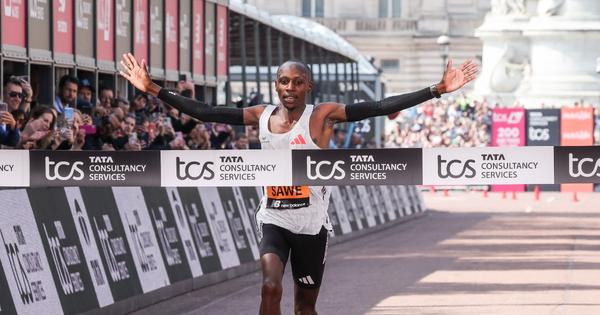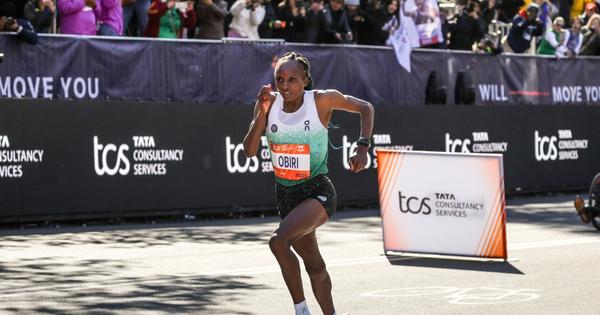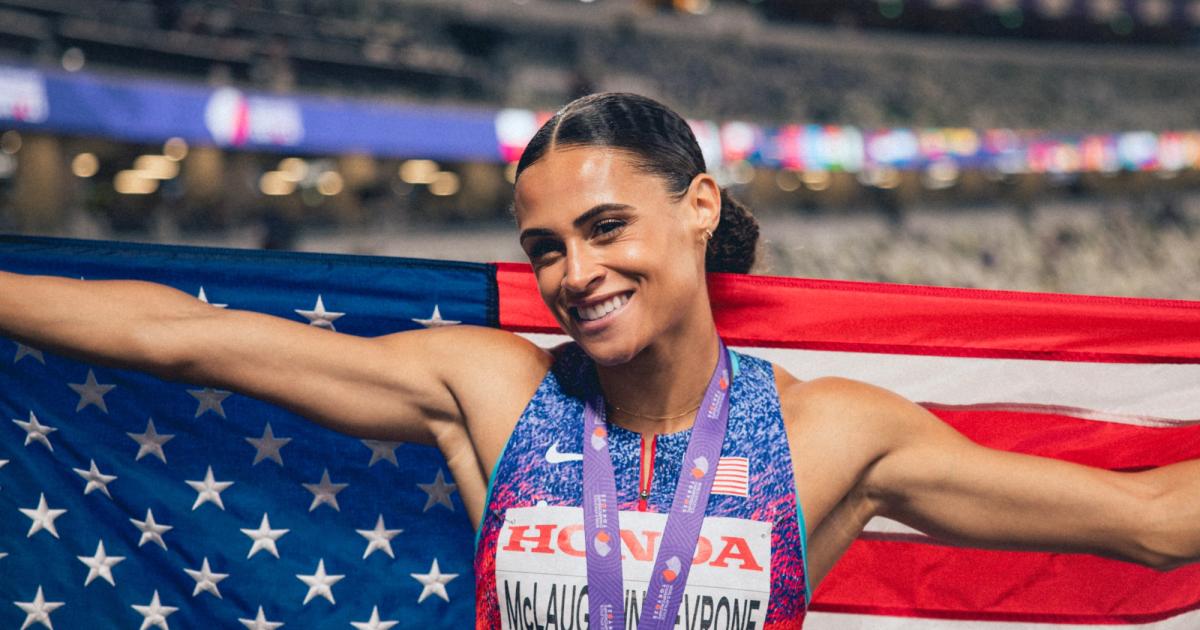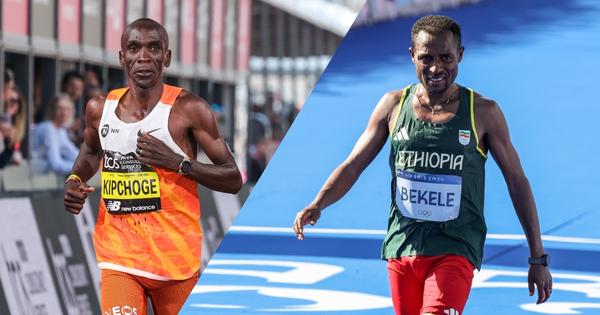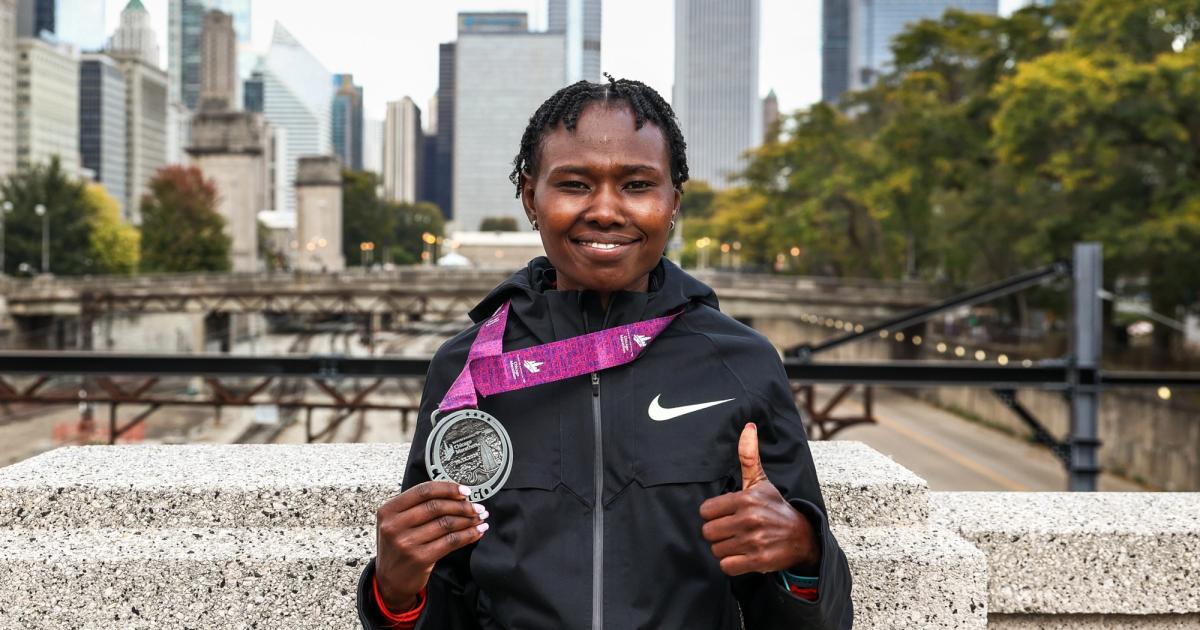By David Melly
November 5, 2025
The 54th New York City Marathon was a record-breaker—in many ways.
New York and its 59,000+ finishers reclaimed the title of largest marathon in the world from London, an annual back-and-forth battle between the two hugest majors. The top three finishers in the women’s race—Hellen Obiri, Sharon Lokedi, and Sheila Chepkirui—all ran faster than the course record, and for good measure, fourth-placer Fiona O’Keeffe ran the U.S. course record. The men’s race wasn’t historically fast, but the margin of victory—0.3 seconds between Benson Kipruto and Alexander Mutiso Munyao—was the smallest in the race’s history.
Note that we got through all those accolades and superlatives without mentioning arguably the three biggest names in the race: Sifan Hassan, Eliud Kipchoge, and Kenenisa Bekele. The latter two didn’t exactly have the prettiest runs, with Kipchoge finishing 17th and Bekele dropping out, but Hassan gave it a solid go, ultimately finishing sixth. That’s a great run by anyone else’s standard, but the Olympic champ was surely gunning for a victory and it seems that doubling back from Sydney two months later was simply too tall an ask.
Hassan getting soundly defeated wasn’t just the product of her training, however. She got beat because the three women that ended up on the podium are three of the greatest marathoners in the game right now, and they worked together to make the latter half of the race a slugfest from the Queensboro Bridge onward. While Chepkirui didn’t have the gears to hang with Lokedi and Obiri in the Park, she was the first and most frequent mover earlier in the race, often throwing in a surge just when Hassan or O’Keeffe would reattach or start to close in on the leaders. And Obiri ultimately got revenge on her friendly rival. While Sharon Lokedi kicked best and last in this spring’s Boston Marathon, once Obiri made her move in New York with 800m to go, there was no coming back.
With all seven World Marathon Majors, plus the World Championships, in the books, the question then becomes: who is the World #1? Since no one woman won multiple major races this year, you have to look at the four who’ve got the best second performances:
- Tigst Assefa: London champ in 2:15:50, World Championship silver
- Sharon Lokedi: Boston champ in 2:17:22, second in NYC
- Hellen Obiri: NYC champ in 2:19:51, second in Boston
- Hawi Feysa: Chicago champ in 2:14:57, third in Tokyo
Feysa only finished third in Tokyo, but she’s the 2025 world leader and ran 2:17:00, giving her the best average time of the group. That being said, neither of the women who beat her in Tokyo are particularly highly credentialed. Lokedi and Obiri have very similar resumes, both breaking course records in their respective victories and beating strong fields. They also both ran under the previous course records in their runner-up performances.
Which brings us to Assefa. The 28-year-old Ethiopian, who would be the outright world record holder were it not for R*th Ch*pngetich, ran the women’s-only world record in London and beat Joyciline Jepkosgei and Sifan Hassan in the process. She also finished just steps behind Peres Jepchirchir in the World Championship marathon in Tokyo, and Jepchirchir is a three-time WMM champ as well as the 2021 Olympic champ. So as much as we’d like to keep all the focus on New York and name Obiri the year’s best runner, Assefa’s resume is probably a little better.
If we’re naming the best marathoner in the world over the last two years, Benson Kipruto might have a shot as he’s won New York, Tokyo, and Olympic bronze in that time period and ran the sixth fastest time in history. Kipruto only finished seventh in Tokyo this time around, so he was flying a bit more under the radar, but with his victory in Central Park he’s now become the first man ever to complete the career trifecta of NYC-Boston-Chicago. Throw Tokyo in the mix and he’s won four of seven World Marathon Majors—exactly as many as Kipchoge has (although Kipchoge has won 11 total with many repeat victories in London and Berlin).
Kipruto will ultimately be relegated to second-best at best, however, because the top male marathoner in the world this year is pretty clear. Sabastian Sawe is the world leader, the London and Berlin champ, and in three career marathons has run 2:02:05, 2:02:16, and 2:02:27. It would be nice to see Sawe take on a course like Boston or New York soon to see if his blistering speed in flat races translates to dominance over hills, but he’s hopefully got plenty of time to prove his versatility as he’s only 30. And let’s not forget that the runner-up in New York, Mutiso, was previously best known as a London/Valencia champ, so we can’t simply assume that Sawe’s preference for fast, rabbited races is a weakness.
The question of top American woman is also an interesting one. (The men’s question isn’t; it’s Conner Mantz.) In some ways, New York served as a bit of a referendum about the state of the U.S. scene, as many of the major contenders for that title were in the mix. O’Keeffe was the top American and broke Molly Seidel’s domestic course record. Seidel, unfortunately, only made it 18 miles into the race before dropping out with a knee issue. One of the women O’Keefe beat, Emily Sisson, is the current American record holder (O’Keeffe is 11th on the all-time list), but only finished third among the U.S. crew and eighth overall.
If you put a lot of stock into O’Keeffe’s singular performance after going 21 months between marathon finishes, it would make sense to treat NYC like a de facto national championship and crown her U.S. #1. But we’re going to use a similar methodology to the international assessment—you gotta be able to show you can get it done at least twice a year.
By that logic, there are three women worth mentioning, probably none of whom would’ve been on your list for top American at the start of 2025:
- Annie Frisbie: 5th in NYC in 2:24:12, 8th in Boston in 2:23:21
- Susanna Sullivan: 10th in London in 2:29:30, 4th at Worlds in 2:28:17, 11th in NYC in 2:28:34
- Jess McClain: 7th in Boston in 2:22:43, 8th at Worlds in 2:29:20
Sullivan deserves a heckuva lot of credit for taking on three big marathons, finishing just outside the medals in Tokyo, and maybe even bonus points for racing an indoor mile during her London build. But Annie Frisbie, one of Minnesota’s finest, is our U.S. #1 this year. Frisbie is a pure road racer by any definition—at Iowa State, her PBs were only 15:53.41 for 5000m and 32:58.64 for 10,000m. But she’s no one-trick pony as she finished second at this year’s USATF 6km champs (yes, that’s a thing), and she’s got plenty of time to grow as she’s 28 years old. It’s a safe bet that the next time she opts for a non-Boston/NYC race, that 2:23:21 PB is history.
Runners like Frisbie and Sullivan are what make New York such a fun race to watch. Sure, you get the biggest stars trading body blows for the top prize, but the many bridges, turns, and rolling hills keep things just unpredictable enough that gritty, experienced racers can outperform their seed and build to a future where no one sees them as an underdog. And with 2025 (mostly) in the books, ending the season on a high note can set the stage for even bigger things to come.
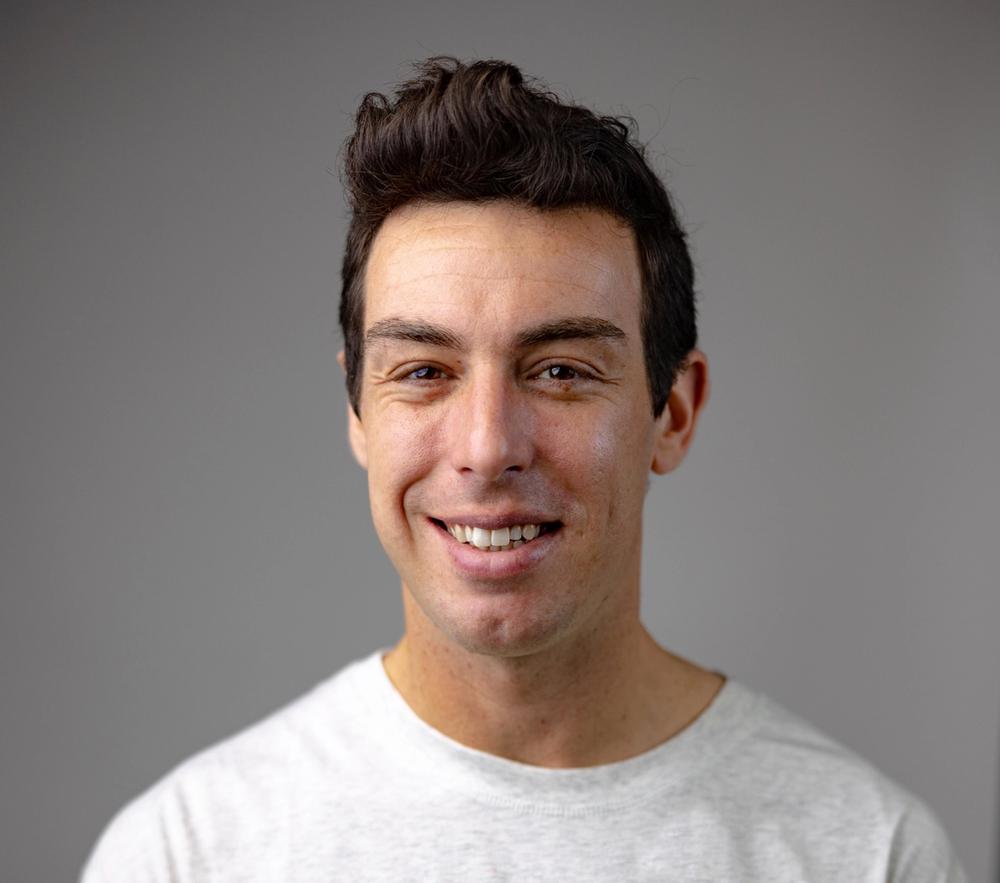
David Melly
David began contributing to CITIUS in 2018, and quickly cemented himself as an integral part of the team thanks to his quick wit, hot takes, undying love for the sport and willingness to get yelled at online.
